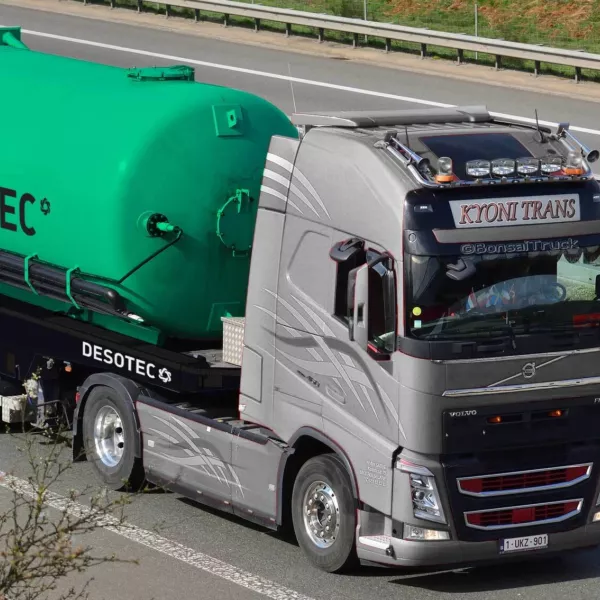Removing COD from steel industry wastewater
At Desotec, we pride ourselves on our problem-solving approach and the adaptability of our mobile filtration solutions. The tertiary wastewater filtration set-up we installed at a Spanish steel plant looks very different from what we’d originally envisaged! That’s because we had to adjust it to overcome unforeseen issues with other technology. By drawing on our expertise and experience, we can meet such challenges head-on and install filtration systems that work. This keeps our customers on the right side of the authorities, protecting their business and our natural environment.



